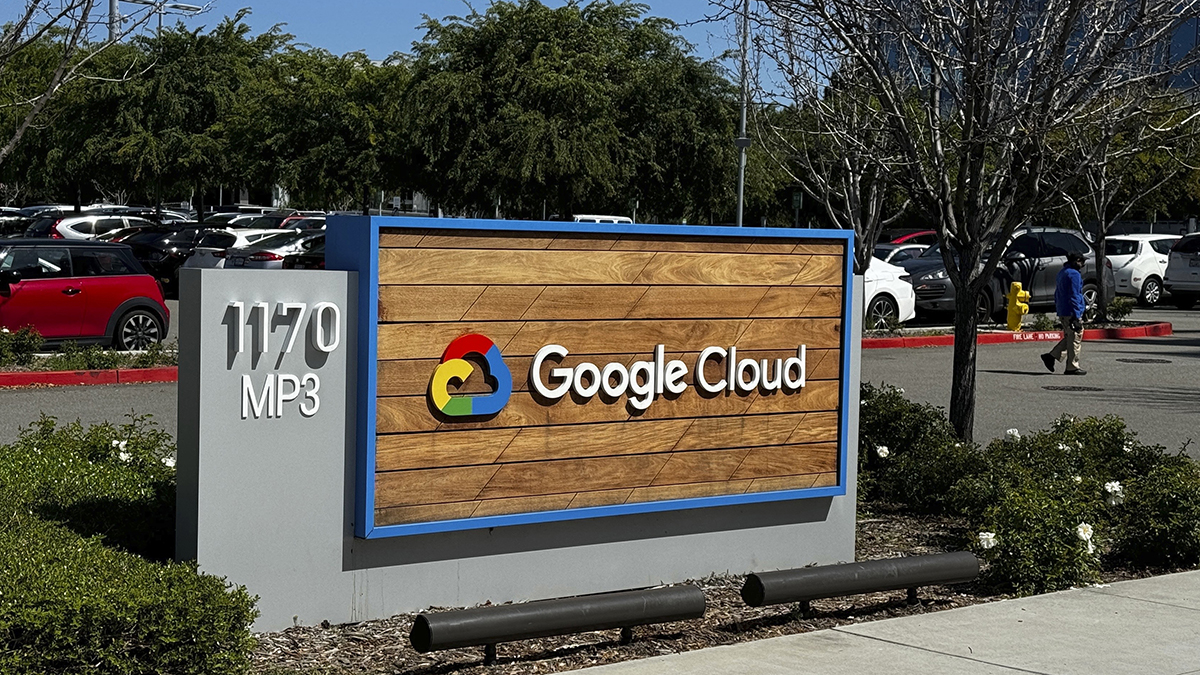Executives from both American Airlines and US Airways made their case about their proposed merger to a congressional committee Tuesday.
The airline executives testified before the Regulatory Reform, Commercial and Anti-Trust Law subcommittee of the House Judiciary Committee. The hearing examined the proposed merger's effects on competition and consumers in the airline industry.
The executives answered questions about how the merger would affect ticket prices and how the new airline's hubs would work.
Both airlines currently have eight hubs between them.
"New York serves as an international gateway. Miami serves as a gateway going south. Then, when you look at Charlotte, which is a North/South hub, and you look at Dallas, which is primarily Midwest going east and west, we find them to be highly complementary of one another," said Gary Kennedy, AMR senior vice president and general counsel. "I think it is unlike what you’ve seen in other merger situations."
The subcommittee also had questions about prices, asking if prices would rise.
"After this merger, this is going to be a very, very competitive industry," said Stephen Johnson, US Airways vice president for corporate and governmental affairs. "There will be four airlines, with each having less than 25 percent market share and each with nationwide networks that are very competitive."
Business News
"After this merger, we will have Southwest continuing as a low-cost carrier [and] JetBlue continuing in an area with significant cost advantage," he said.
The hearing, the subcommittee's first of the year, is not a formal part of the merger process, but the U.S. Department of Justice most likely will take it into account.
The department has to sign off on the deal before the merger can close. That is expected later this year.
A U.S. Senate panel will hold a hearing the proposed merger on March 19.
American Airlines and US Airways sent out a press release announcing their representatives' prepared remarks for Tuesday's congressional hearing.
They are included below.
We wanted to let you know that today, Gary Kennedy, Senior Vice President, General Counsel & Chief Compliance Officer, AMR Corporation and American Airlines, and Stephen Johnson, Executive Vice President, Corporate and Government Affairs, US Airways, will be testifying before the House Subcommittee on Regulatory Reform, Commercial and Antitrust Law on why the combination of American Airlines and US Airways represents the best path forward for the stakeholders of both companies. In their testimony, Mr. Kennedy and Mr. Johnson highlight the significant benefits inherent in this merger.
In his prepared remarks, Mr. Kennedy discusses how the merger will create value for all stakeholders:
“This transaction will give us the opportunity to become a stronger competitor, one with a degree of financial stability that we have not experienced in many years. We will be a company that is better positioned to deliver for customers and its people. This transaction is unique in that it is endorsed by all of our labor unions and embraced by the management and boards of both companies.”Mr. Johnson’s prepared remarks focus on the significant benefits of the merger for customers:
“By providing our customers with a broader network, more choices and better service, the combination of American and US Airways will give passengers a stronger competitive alternative to Delta/Northwest and United/Continental… System wide, American Airlines serves 130 cities not served by US Airways, 48 of which are within the United States. Similarly, US Airways serves 62 cities not served by American Airlines, 48 of which are within the United States. By linking these destinations through our hub airports, the New American Airlines will give passengers new and improved online connecting options to get to the places they want to go, when they want to go. The result will be an airline that will have the most service across the Eastern and Central regions of the United States, and an expanded presence and stronger network in the Western United States… The new network will also enhance oneworld as a competitive alternative to other international airline alliances. By adding US Airways and its depth of service to the oneworld alliance, international travelers will have more options.”Mr. Kennedy also highlights how the combined company’s expanded network will improve service and position the new American to further invest in new products and services:
“Of the more than 900 domestic routes flown by the two carriers, there are only 12 overlaps… The combination will make our company a much stronger competitor against the other large airlines. Consumers will have three strong, healthy global network carriers from which to choose, as well as a number of low cost carriers… The new American will have the financial strength to invest the resources needed to improve the customer experience, including new aircraft, cutting edge products and services, and the technology and tools designed to help our employees deliver superior service to our customers.”
Mr. Kennedy’s perspective is consistent with a recent report from PwC, which concluded that airline mergers have not caused significant increases in fares or resulted in drastic reductions in competition.Finally, Mr. Johnson explains what the merger means for employees:
“The financial stability of the combined company will also provide very significant benefits to our employees including better pay and benefits and a path to compensation that is equal to that of their counterparts at Delta and United; more jobs and greatly improved job security; and better opportunities for advancement."



